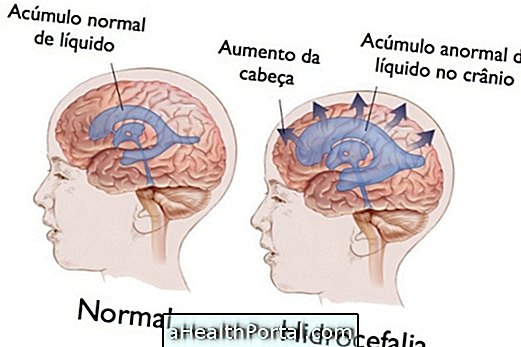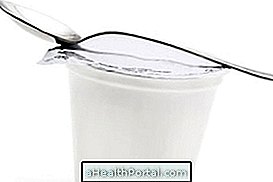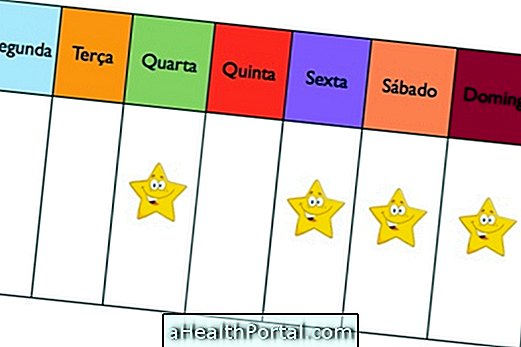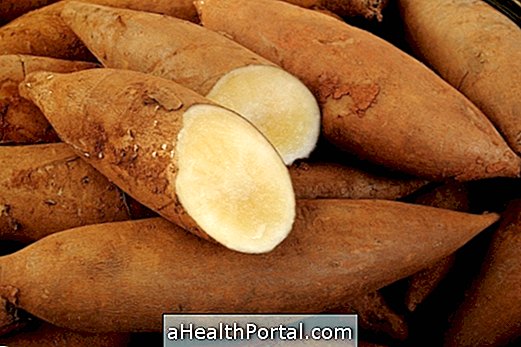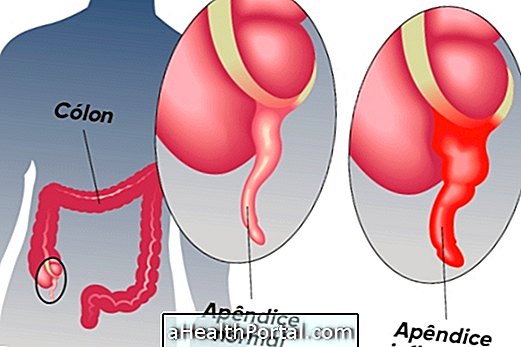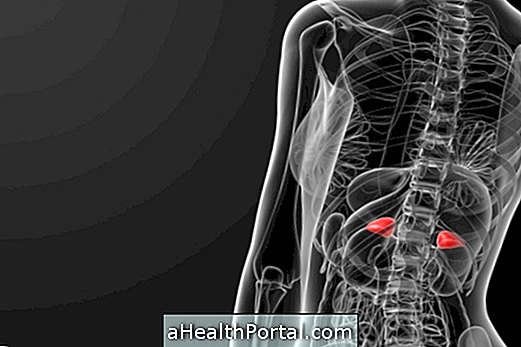The doula is a professional whose function is to accompany the pregnant woman during the period of pregnancy, childbirth and the postpartum period, in addition to supporting, encouraging, offering comfort and emotional support at these times.
Doula is a term of Greek origin that means "woman who serves" and, although she is not a health professional, her work facilitates the existence of a more humanized delivery, since it is common for women to feel helpless at this moment. In addition, it is common for doulas to advocate the most natural birth possible, as a minimum of medical interventions.
However, it is important to remember that, despite the capacity and preparation for deliveries, the doula does not have enough knowledge to intervene in the event of complications or situations that endanger the health of the mother or baby, so it is recommended that no delivery happen without the presence of the health professional, as an obstetrician, pediatrician and nurse.

What is your role
The doula's main function is to assist women with pregnancy, childbirth and baby care. Other functions performed by the doula are:
- Provide guidance and facilitate preparation for childbirth;
- Encourage normal delivery;
- Ask questions and reduce anxieties related to childbirth and the couple's life with the new baby;
- Suggest ways to relieve pain, through positions or massages;
- Offer emotional support before, during and after delivery;
- Support and assistance regarding baby's first care.
In this way, the presence of the doula, both at home and in the hospital, can favor the reduction of the pregnant woman's anxiety, pain, in addition to facilitating a calm and welcoming environment. Check out other advantages of humanized childbirth.
Care that must be taken
Despite the benefits, it is important to remember that the presence of the doula does not replace the role of health professionals, as an obstetrician, pediatrician and nurses, as they are the only ones capable of acting in the event of complications or urgency during childbirth, which, despite are not common, they can appear during any delivery.
In addition, some doulas may advise against procedures that are considered important by doctors, such as monitoring the baby's vital signs and not using silver nitrate or vitamin K, for example. The performance of these procedures is necessary and recommended by doctors because they are done as a way to reduce the risk to the health of the mother or baby.
In addition, post-term delivery or prolongation of labor beyond the time recommended by doctors can bring serious sequelae and risk of death during childbirth.
Was this information helpful?
Yes No
Your opinion is important! Write here how we can improve our text:
Any questions? Click here to be answered.
Email in which you want to receive a reply:
Check the confirmation email we sent you.
Your name:
Reason for visit:
--- Choose your reason --- DiseaseLive betterHelp another personGain knowledge
Are you a health professional?
NoMedicalPharmaceuticalsNurseNutritionistBiomedicalPhysiotherapistBeauticianOther
Bibliography
- BARBOSA, Murillo Bruno B .; HERCULANO, Thuany B .; BRILHANTE, Marite A. A .; SAMPAIO, Juliana. Doulas as devices for humanizing hospital birth: from volunteering to commodification. Health debate. Vol 42, 117 ed; 420-429, 2018
- SILVA, Raimunda M .; BARROS, Nelson F .; JORGE, Herla Maria F. et al. Qualitative evidence on doulas follow-up during labor and delivery. Science & Collective Health. Vol 17. 10 ed; 2783-2794, 2012
